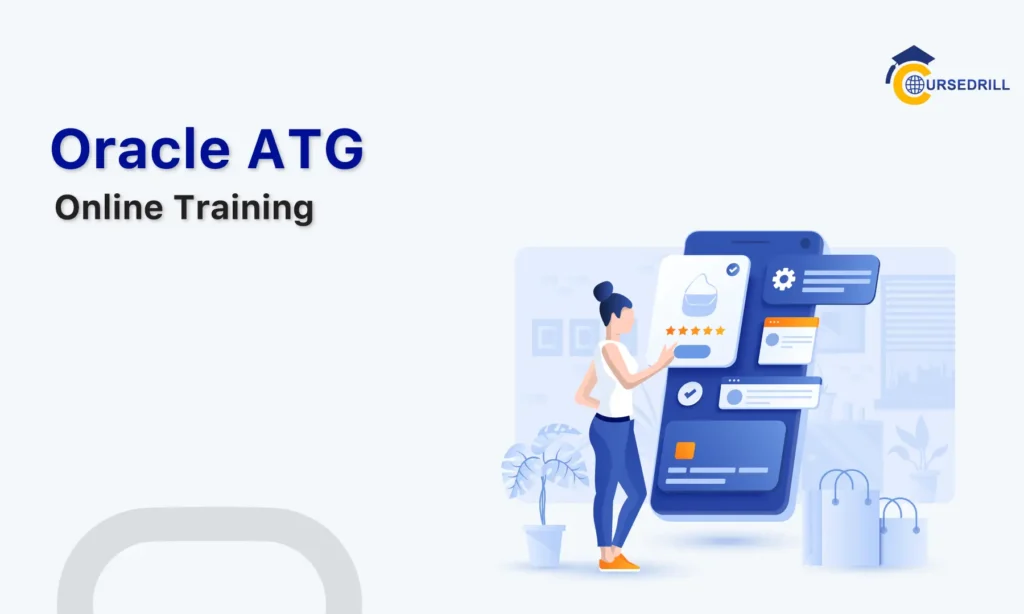- Posted on
- admin
- No Comments
What Skills Do You Need Before Diving Into Cloud Computing
Working towards a future career in cloud computing is a great choice, as this sector is booming and looks set to grow indefinitely.
Unfortunately, a few obstacles are standing between you and the juiciest roles. So if your skills and knowledge relating to the cloud are non-existent, hold tight and we’ll point you towards the gaps that must be plugged before you can even consider taking this ambition to the next stage.
Fundamental Networking Knowledge
Networks form the backbone of cloud infrastructure, so they’re a good starting point for aspiring pros. You don’t need to be an expert, but it’s worth reading up on basic matters such as:
- IP Addressing: Learn how devices communicate over networks using IP addresses.
- Subnetting: Understand dividing a network into smaller sub-networks for efficiency.
- Routing and Switching: Grasp how data moves through a network with routers and switches guiding traffic.
These fundamentals help demystify cloud concepts. Networking shapes your ability to troubleshoot issues, optimize performance, and enhance security. For instance, network protocols like TCP/IP impact everything from latency to load balancing in cloud environments.
Before you can move forward and take cloud computing courses online, build this foundation. Having a handle on these essentials will prepare you for encompassing complex topics down the line.
Understanding Virtualization Concepts
Virtualization is another lynchpin aspect of the $773.3 billion cloud computing market. Knowing how it works is therefore a must. Core concepts include:
- Hypervisors: Discover software that creates and runs virtual machines, with tools like VMware or Hyper-V leading the way.
- VM Management: Understand handling multiple virtual environments and resources efficiently.
- Storage Virtualization: Grasp how data storage is abstracted for easier management.
This knowledge lays the groundwork for scaling services quickly without needing physical hardware changes. It’s also about utilizing existing resources better.
Most importantly, being familiar with virtualization will eventually let you design flexible solutions, which are essential in fast-paced cloud settings. And once these concepts click, it’s much easier to translate them into practical skills before you tackle complex subjects on your cloud journey.
Familiarity with Linux and Command Line Interface (CLI)
Linux is a mainstay in cloud environments. As a result, familiarizing yourself with it, especially the CLI, pays dividends. To do this, look into:
- Basic Commands: Navigate directories, manage files, and edit text efficiently using command line operations.
- Shell Scripting: Automate tasks by writing simple scripts to streamline workflows.
- Permissions and Processes: Manage user permissions effectively and monitor processes to maintain system health.
Many servers in cloud infrastructures rely on Linux for its robustness and flexibility. The CLI offers powerful tools that can seem cryptic at first but become second nature over time.
With these skills under your belt, you’ll be ready for online cloud courses and also equipped to interact with real-world systems confidently.
Basics of Cloud Service Models: IaaS, PaaS, SaaS
There are three main service models that make up the modern cloud market. Knowing the specifics of each gives you a clear picture of cloud offerings. They include:
- Infrastructure as a Service (IaaS): Gain insight into virtualized computing resources like servers and storage on demand.
- Platform as a Service (PaaS): Learn about deploying applications without managing the underlying infrastructure.
- Software as a Service (SaaS): Understand accessing software applications via the internet without installation.
With an appreciation of these distinctions, you’re better equipped to choose the right solution for different scenarios. This clarity is crucial whether designing systems or selecting cloud services in professional settings. Also, knowing what each model offers also helps focus your learning path before jumping into specific areas within cloud courses online.
Considering Containerization Technologies like Docker and Kubernetes
Containers are a prominent principle in the latest software deployment processes. Knowing how they work is therefore wise. Aspects worth investigating include:
- Docker Basics: Learn to package applications with all dependencies in containers, ensuring consistent environments.
- Kubernetes Introduction: Understand orchestration of containerized applications for scaling and management.
- Container Networking and Storage: Grasp how containers communicate internally and manage data storage.
Containers help you create isolated environments that mimic production systems, minimizing the “works on my machine” syndrome. If you can use them, you’ll be able to take responsibility for more efficient workflows, so deploying updates or patches becomes seamless.
It’s especially valuable in cloud computing where flexibility is king, so if you want to complete a training course and ace an interview with a top employer like Informatica, this is an area that’s definitely worth focusing on.
Wrapping Up
Simply put, you need to brush up on some foundational cloud skills and knowledge prior to pushing ahead with any further training in this specialism. It’s a way of eventually improving your employability, but is mostly important because it means you won’t be befuddled by the learning materials you encounter later on.
Popular Courses



